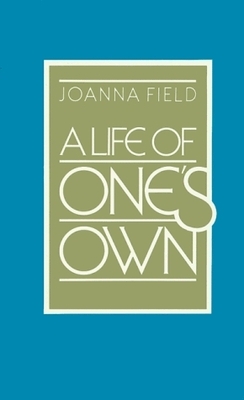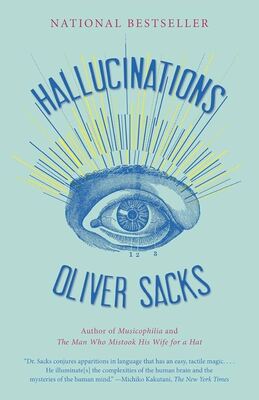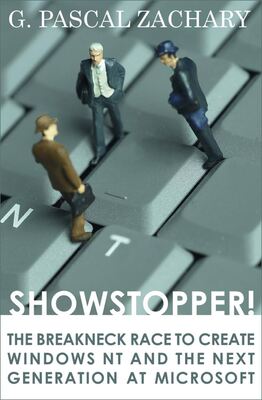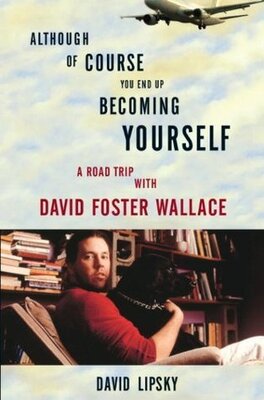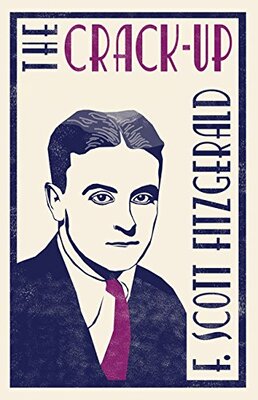
the natural state of the sentient adult is a qualified unhappiness. I think also that in an adult the desire to be finer in grain than you are, “a constant striving” (as those people say who gain their bread by saying it) only adds to this unhappiness in the end—that end that comes to our youth and hope. My own happiness in the past often approached such an ecstasy that I could not share it even with the person dearest to me but had to walk it away in quiet streets and lanes with only fragments of it to distil into little lines in books—and I think that my happiness, or talent for self-delusion or what you will, was an exception.
I realized that in those two years, in order to preserve something—an inner hush maybe, maybe not—I had weaned myself from all the things I used to love—that every act of life from the morning tooth-brush to the friend at dinner had become an effort. I saw that for a long time I had not liked people and things, but only followed the rickety old pretense of liking. I saw that even my love for those closest to me was become only an attempt to love, that my casual relations—with an editor, a tobacco seller, the child of a friend, were only what I remembered I should do, from other days.
OF course all life is a process of breaking down, but the blows that do the dramatic side of the work—the big sudden blows that come, or seem to come, from outside—the ones you remember and blame things on and, in moments of weakness, tell your friends about, don’t show their effect all at once. There is another sort of blow that comes from within—that you don’t feel until it’s too late to do anything about it, until you realize with finality that in some regard you will never be as good a man again. The first sort of breakage seems to happen quick—the second kind happens almost without your knowing it but is realized suddenly indeed.
A man does not recover from such jolts—he becomes a different person and, eventually, the new person finds new things to care about.
observation—the test of a first-rate intelligence is the ability to hold two opposed ideas in the mind at the same time, and still retain the ability to function. One should, for example, be able to see that things are hopeless and yet be determined to make them otherwise.
It is astonishing how much worse one mosquito can be than a swarm. A swarm can be prepared against, but one mosquito takes on a personality—a hatefulness, a sinister quality of the struggle to the death.
